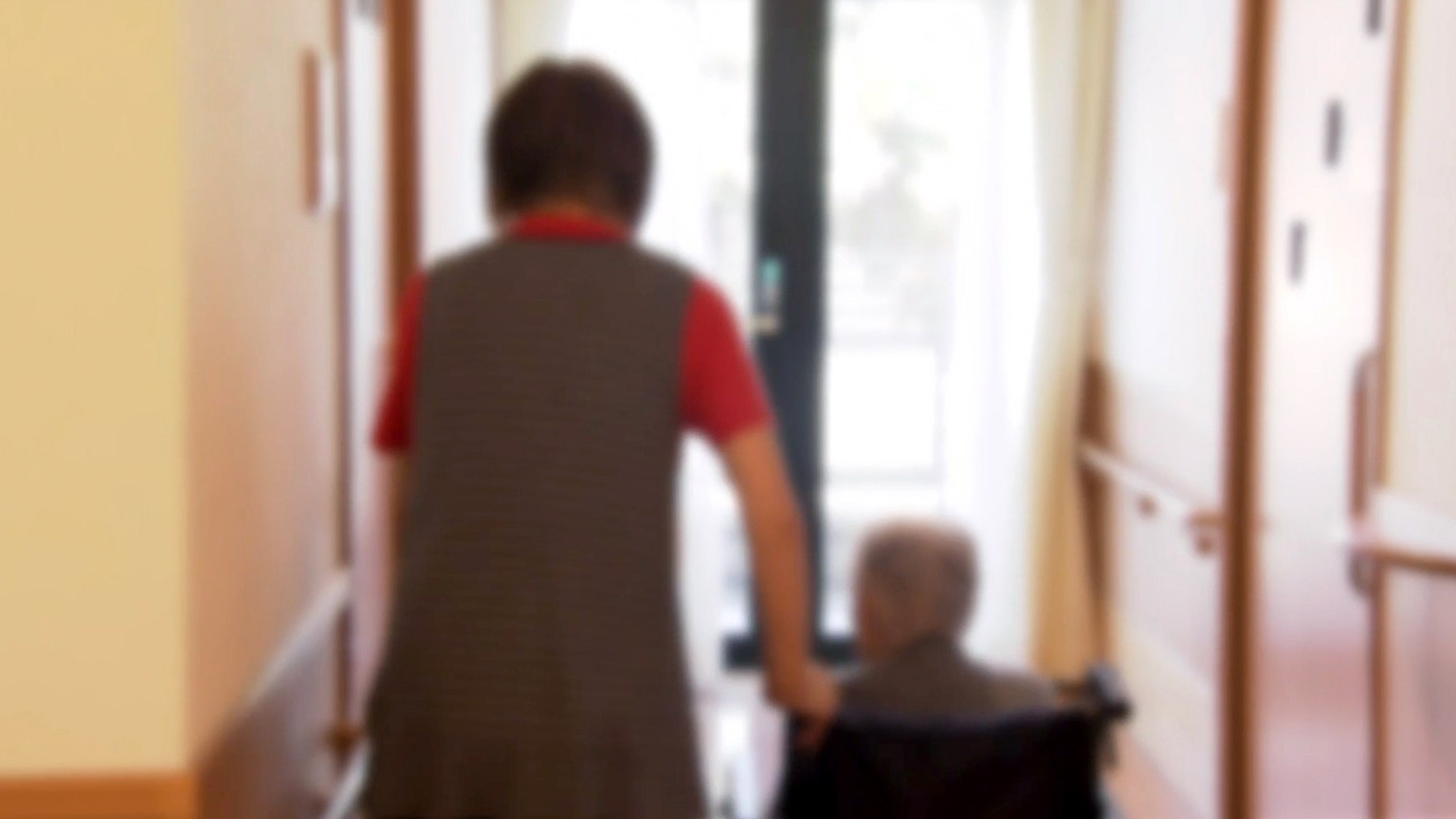An expected dementia surge
Japan has long been facing the challenge of many elderly people living alone and being disconnected from society. But new shocking statistics released by the government show the issue could be even more serious... a coming surge in dementia patients.
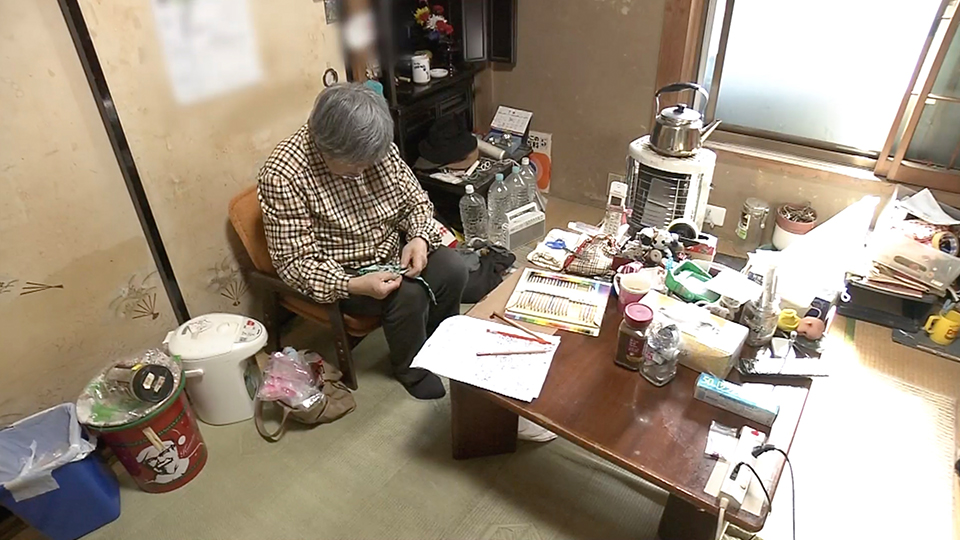
This 86-year-old woman was diagnosed with dementia two years ago. She says she sometimes finds her head is empty all of a sudden. Despite becoming forgetful and showing other symptoms, she is living on her own. She's been residing in this house for more than half a century, and says she does not want to move anywhere else. "I can walk, at least for now. I prefer to live alone."
Worries over the future
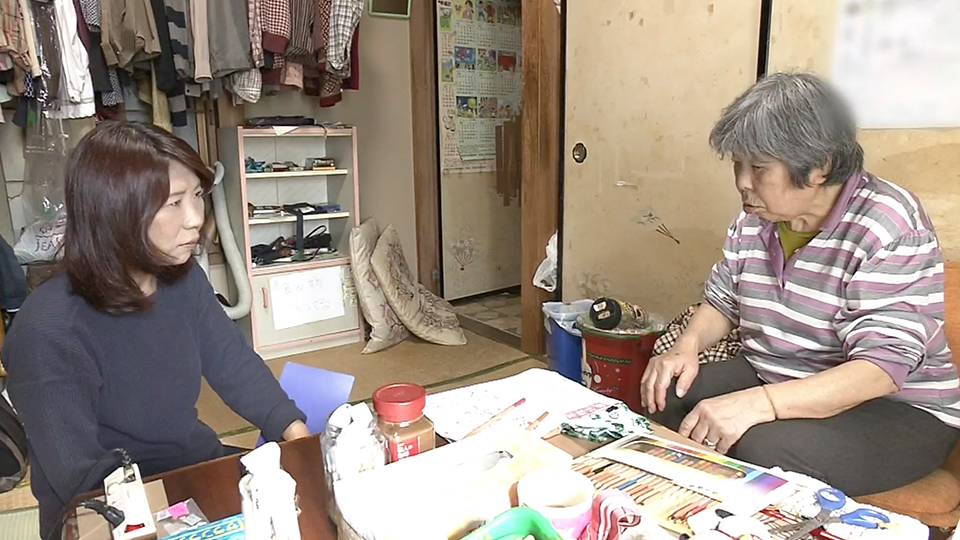
Her daughter is in her 50s. She says sometimes her mother doesn't recognize her.
The daughter visits twice a week on her days off from work. On other days, she phones three times a day to make sure her mother is eating properly and hasn't forgotten to take her medication.
She says she wants her mother to continue living the way she does now but worries about her condition worsening.
"When I can't visit, I worry what my mother is doing. But I need to keep working to pay back loans I took out for my children's school tuition. Honestly, I am a bit tired."
More community support needed
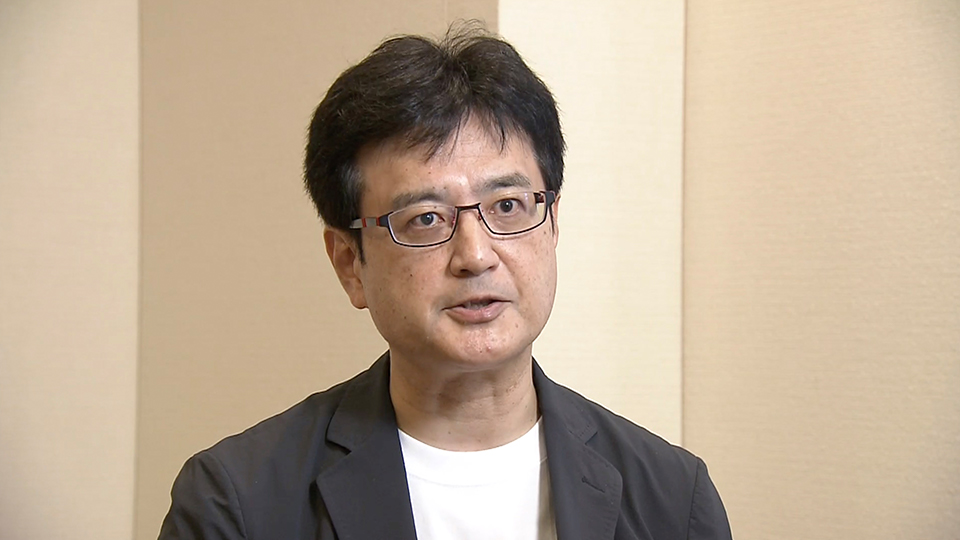
Health Ministry researchers based the estimate on the prevalence of dementia among people aged 65 or older in four municipalities across the country.
Professor Takano Tatsuaki of Toyo University is an expert on elderly welfare. He says as people live longer, Japan will likely see more elderly people with dementia living alone. He says the issue can't be solved just by those with special knowledge and skills. Help from the community and local municipalities will be necessary.
But support offered by municipalities is currently insufficient.
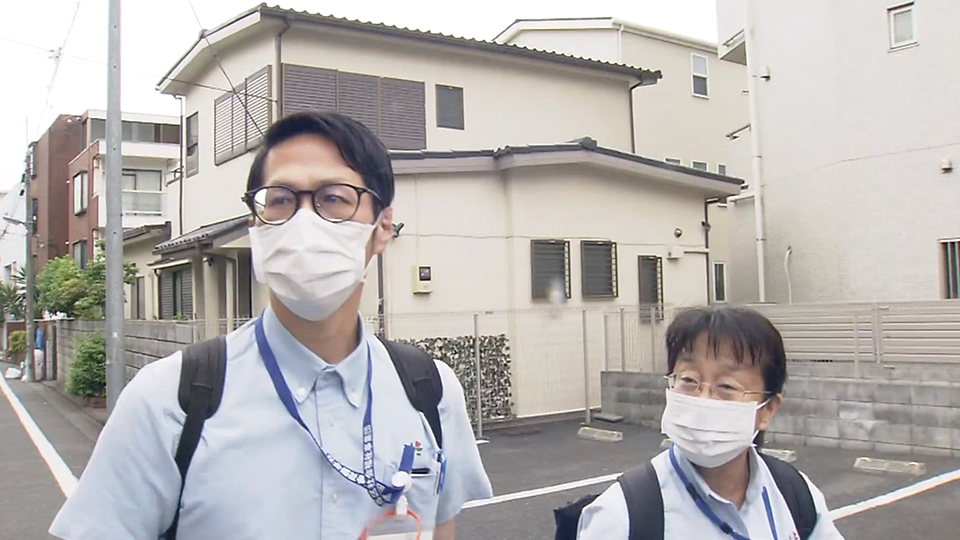
Municipalities have set up community support centers to watch over elderly citizens. But in Tokyo's Nerima Ward, there are only ten staff to monitor 7,880 elderly people in the district.
Sugiura Yasushi, the center's director, says they are stretched to the limit. "There is a good chance that we will hit breaking point at some time."
Connecting supporters with patients
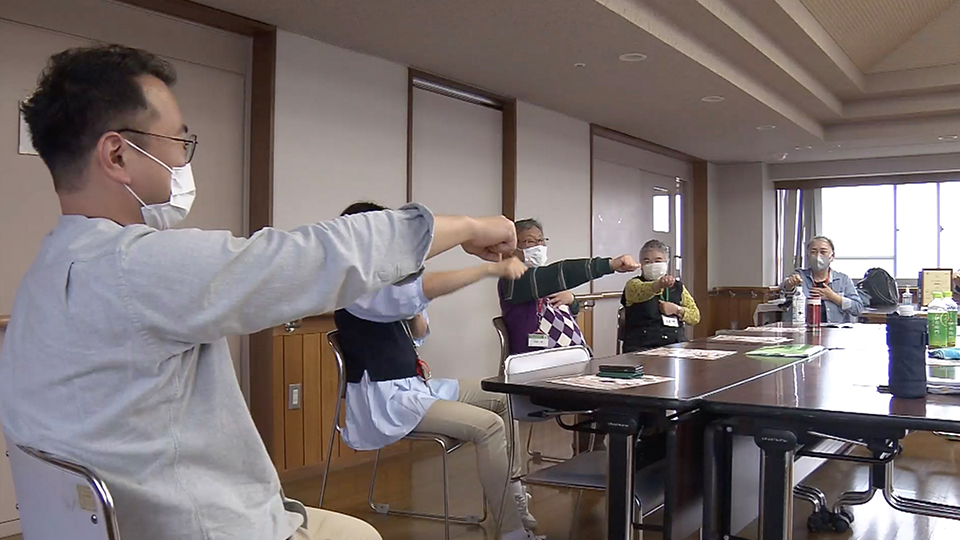
The government has trained more than 15 million people as "dementia supporters" by holding seminars on how to understand the condition, and how to help patients and their families in the community.
But the supporters found themselves without places to use their learned skills, and were not fully utilized in their communities.
Saitama City has recently launched a new project to make use of the "dementia supporters." The project aims to provide them with information on where they can meet those in need, such as meetings or events attended by local elderly people.
The city hopes it will provide more opportunities for supporters to meet dementia patients and ask about the kind of assistance they need so each supporter can propose what help they can give, for instance, to help an elderly person exercise.
Matsuo Shinji of Saitama City Office says he is sure some supporters want to engage more fully.
How to slow down the progress of dementia
The previous survey conducted nine years ago estimated that 8.02 million people will suffer from dementia in 2040... meaning the latest survey saw a drop of over 2 million in the expected rate of increase. The team believes it is likely that the latest estimate is lower because of improved preventive measures for lifestyle-related diseases and a change in health consciousness.
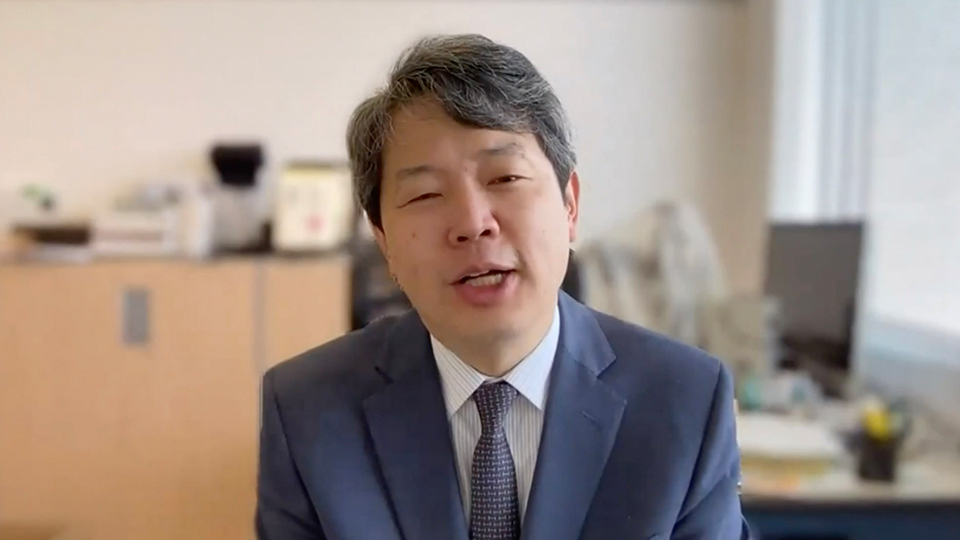
Professor Kowa Hisatomo at Kobe University's graduate school says there are a certain number of people who show some cognitive decline, but, because their symptoms are mild, they do not consider themselves at risk of dementia. It is important for them to see a doctor to find out if they have dementia, and if they do, to learn how to slow down the progression of the condition.
Kowa says that, ideally, people need to stay physically active, maintain communication with others, and participate in regular social activities.
